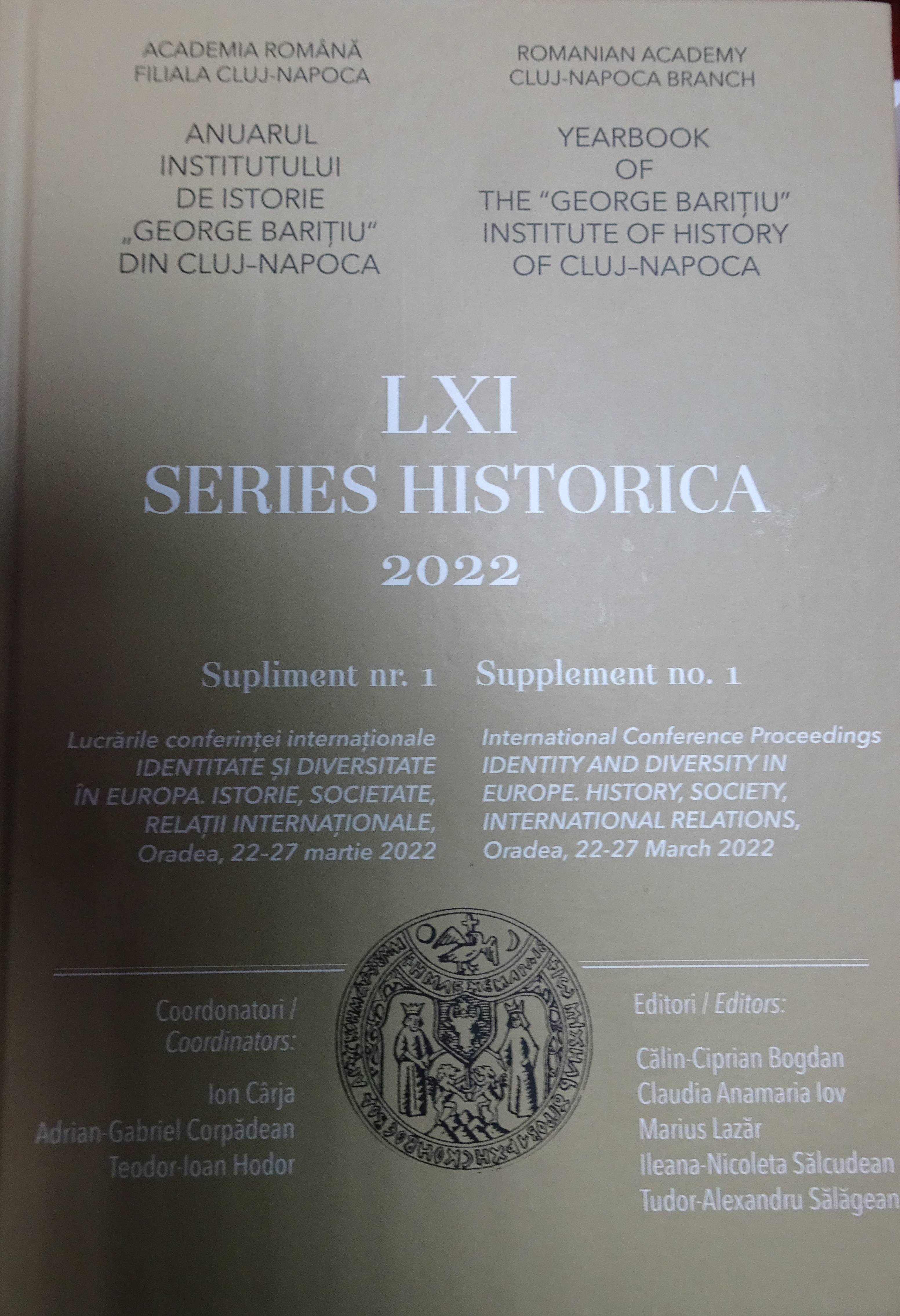Locuire și identitate în cadrul mobilităţii imigranţilor economici în Uniunea Europeană
Housing and Identity in the Mobility of Economic Immigrants in the European Union
Author(s): Eugen GhițăSubject(s): Human Rights and Humanitarian Law, Security and defense, Welfare systems, Present Times (2010 - today), EU-Legislation, Asylum, Refugees, Migration as Policy-fields
Published by: Editura Academiei Române
Keywords: housing; economic migrants; human rights; tradition; identity; vulnerable population;
Summary/Abstract: In Romania, housing and identity are intertwined in the most basic and documented way possible. If you don’t have a domicile, you don’t have an identity card and if you don’thave an identity card your rights are restricted, and housing is one of the most fundamental human needs. In this regard, identity is paramount. In the European Union, on the other hand, social housing is not conditioned by identity cards and it is guaranteed in relation to social inclusion. The economic migrants are offered food, medical care, heat, electricity, access to water – decent living conditions, if they meet the main condition: children go to school and they respect public order and peace (Spain, UK). But sometimes meeting the conditions leads to losing their identity and their traditions. The economic migrants represent a diverse and vulnerable population from all over Europe, that preserve the tradition of the extended family together and in order not to violate the culture and traditions deeply imprinted in their very identity, they prefer to live in slams, in make shift dwellings. Their identity is defined by their way of life, by their tradition and culture. Does European mobility lead to loss of identity? Is diversity lost in order not to be marginalized or segregated against?
Journal: Anuarul Institutului de Istorie »George Bariţiu« - Series HISTORICA - Supliment
- Issue Year: 1/2022
- Issue No: LXI
- Page Range: 589-599
- Page Count: 11
- Language: Romanian

